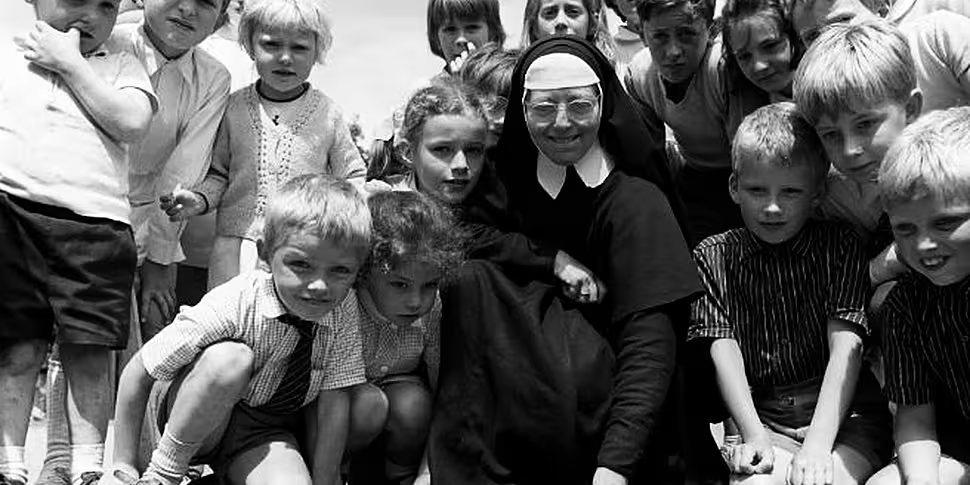A recent report on the teaching of religion in Irish schools said our unregulated system is creating students who are not well-informed.
Academics from UCC, which now offers a Religions and Global Diversity programme, said religious instruction in Ireland does not reflect our mixed faith society.
This is largely because 90% of primary schools here are operated by the Catholic church, which pushes its own faith agenda through a curriculum that does not have to be approved by the Department of Education.
The authors also voiced concerns that religious instruction here - which is now an examination subject at Junior and Leaving Certificate level - is regarded as a 'doss' subject.
Mary Elliott is a teacher in a rural Catholic primary school who supports the current methods of teaching religion.
She told Newstalk.com religion offers real benefits for her pupils.
"Part of the reason I enjoy teaching religion is because I have faith myself. My own faith has helped me through many sad and stressful life experiences, so I see it as a gift to pass on to the next generation."
I have been teaching in the junior end of a primary school for eight years.
A typical religion lesson can include a story, a song, some art and even a guided meditation.
It is a really enjoyable part of the day because the children use that half hour to relax and unwind.
During the busy school day there is a lot of pressure to focus on academics. Religion class offers children a chance to be calm and take some time out.
I have yet to find a child that did not look forward to the religion lesson as much as an art, music or drama lesson. These subjects can also be integrated with the lesson and for this reason the children often do not realise that they are being taught religion - I have seen children of other faiths take great enjoyment from the music and songs in the Alive O programme.
Integral to the classroom
The academics from UCC who wrote the Teaching Theology and Religion article, mention that government guidelines suggest 30 minutes a day, or two and a half hours per week, should be spent on religious education.
It would be hard to quantify exactly how much time in minutes I spend on religion in a week as I include incidental religious practices throughout the day in addition to the lessons, but I think that works well.
We would often begin the day with a morning prayer, say a prayer before and after eating and finally, say an evening prayer before we leave for home.
After saying the Morning Prayer I give every child an opportunity to mention someone they are thinking about that they might want us to pray for. In this way the children can share their news, or talk about a sick relative. The class as a whole can then offer their support to the child and it can be a great comfort.
This is a useful tool in assessing the mood of the children, and it helps me decide how I will proceed to teach them in the most effective manner over the course of the day.
The prayers are also a useful teaching tool for calming the children or settling them before or after activities. The children understand that when we say a prayer, we are calm.
An academic question
The report talks about religion as an academic subject, whereas I have always felt that it is something more than that.
Part of the reason I enjoy teaching religion is because I have faith myself. My own faith has helped me through many sad and stressful life experiences - I see it as a gift to pass on to the next generation.
In 1999, the introduction of a primary school curriculum nationally sought to place more importance on the holistic development of the child. It was geared towards accepting different types of intelligences, rather than focusing solely on the academic performance of the child.
I believe fashioning religion into an academic subject at primary level would achieve the opposite of what was intended in the 1999 curriculum.
Sacrament preparation
Although I see the teaching of religion as beneficial, I would support taking preparation for the sacraments of Communion and Confirmation out of the classroom for practical reasons.
This work can become very time consuming and can interfere with the teaching of the rest of the curriculum.
I believe that it is a very important time in a child’s life and that the preparation should be sincere and enjoyable.
It is also true that many of my colleagues do not have the same faith as me and I understand that teaching religion must be considerably more difficult for them.
I feel that religion is so engrained in our heritage and history it would be a shame to lose these practices. I am a teacher. I am Irish. I enjoy teaching religion. Of these three things, I am not ashamed.









